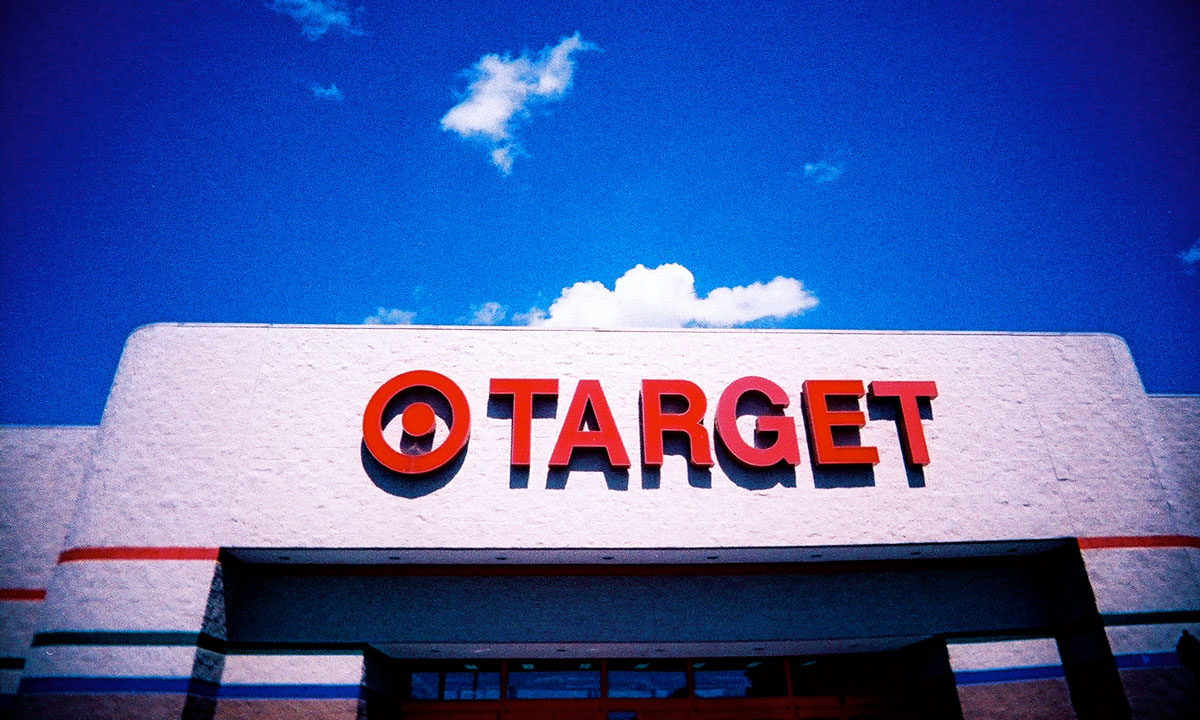Source: thefreshtoast.com
The legality is murky and selling CBD products may make you a target of the DEA.

BuzzFeed recently reported on Target’s short-lived effort at selling cannabis-based products online. By the end of the day on which the story ran, the major retailer had already removed the product from its website.
The Phoenix New Times quoted Target spokesperson Kate Decker as saying:
“We started carrying Charlotte’s Web hemp extract items last week on Target.com. After further review, we have decided to remove it from our assortment.”
However, the Phoenix New Times reported earlier in September that Target was selling CBD products online. Decker could not confirm exactly when Target started selling CBD. The only certainty is that it ended the same day as BuzzFeed’s article.
The thing is that many online retailers (WalMart, Groupon, and Amazon) sell or have sold CBD online. This is in part likely because of the complex legal status of CBD. The Drug Enforcement Agency’s (“DEA”) stance is that CBD, and other cannabinoids derived from cannabis, are Schedule I substance under the Controlled Substances Act (“CSA”), regardless of their source.
Last year the DEA created a rule defining “marihuana extract” as an extract “containing one or more cannabinoids derived from any plant of the genus Cannabis,” as marijuana, a Schedule I controlled substance. Use of “any” means it applies to any derivative of the cannabis plant including, CBD and other cannabinoids found in cannabis. This far-reaching definition, on its face, purports to make parts of the cannabis plant that were seemingly legal illegal.
Setting aside the Rule, there are three scenarios in which cannabis extracts are arguably legal under federal law. The first being when extracts are derived from the “mature stalk” of the cannabis plant because the CSA’s definition of marijuana “does not include the mature stalks of such plant, fiber produced from such stalks, oil or cake made from the seeds of such plant, any other compound, manufacture, salt, derivative, mixture, or preparation of such mature stalks (except the resin extracted therefrom), fiber, oil, or cake, or the sterilized seed of such plant which is incapable of germination.” 21 USC § 802(16). The DEA has clarified that the Rule does not include portions of the plant specifically exempt from the CSA’s definition of marijuana but also maintains that products that contain any meaningful amount of CBD can be derived from the mature stalks.
The second scenario is when extracts are derived from an industrial hemp plant lawfully grown in compliance with section 7606 of the 2014 US Farm Bill (“the Farm Bill”). The Farm Bill allows states to enact pilot programs for hemp research making hemp legal in the state’s borders. Hemp cultivated in compliance with a State’s program is expressly legal under the Farm Bill. Extracts from compliant hemp are legal in the State in which they were derived through the sale of these products in other states is not explicitly allowed.
The final scenario is when products are derived from imported hemp. In the early 2000s, two cases out of the Ninth Circuit, Hemp Indus. Ass’n v. DEA, 357 F.3d 1012 (9th Cir. Cal. 2004) and Hemp Indus. Ass’n v. DEA, 333 F.3d 1082 (9th Cir. 2003) determined that the DEA cannot regulate hemp products simply because they contain trace amounts of THC. This is because some portions of the cannabis plant are explicitly outside the scope of the CSA and the DEA was not permitted to expand its scope to encompass all parts the plant. At the time of the ruling, it was illegal to grow hemp so it only applied to hemp imported from outside the USA. However, its holding could also apply to hemp grown pursuant to the Farm Bill. In other words, marijuana extracts from non-psychoactive (industrial) hemp with only trace amounts (or less) of naturally occurring THC are permitted under the Ninth Circuit’s ruling.
The Hemp Industries Association has sued the DEA over the “marijuana extract” rule and that case is still pending and until it is decided, uncertainty remains as to the legality of CBD products. The DEA may very well lose because the Rule appears to conflict with the Farm Bill and the Hemp Industry cases from the early 2000s. Nonetheless, despite potential legal flaws, the Rule is currently in place and anyone who distributes “marijuana extracts” is a potential target of the DEA. This is likely why online retailers like Target have flirted with selling CBD products online but often end up pulling products.
No comments:
Post a Comment